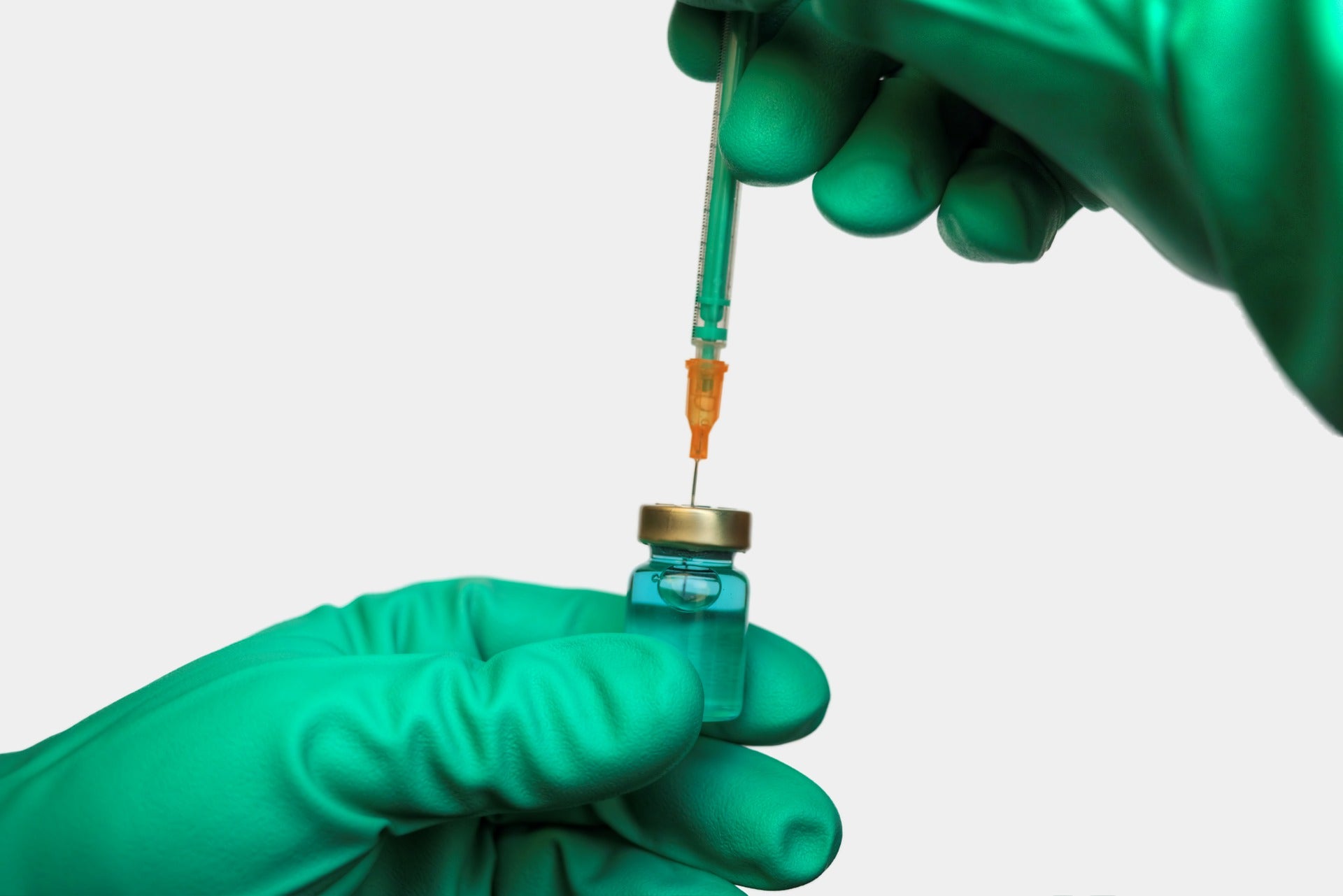
Celltrion has reported that its regdanvimab (CT-P59) demonstrated neutralising potency against emerging SARS-CoV-2 variants first detected in New York, US (B.1.526), Nigeria (B.1.525) and India (B.1.617).
Regdanvimab is a monoclonal antibody being developed as a Covid-19 treatment candidate.

Discover B2B Marketing That Performs
Combine business intelligence and editorial excellence to reach engaged professionals across 36 leading media platforms.
The Korea Disease Control and Prevention Agency (KDCA) reviewed the test by merging the antibody with New York, Nigeria and Brazil (P.1) variants. The host cell was then infected with this combination to detect regdanvimab’s neutralising effect against the variants.
According to the data, the treatment candidate showed a strong neutralising effect against the New York and Nigeria variants.
In an in-vitro pseudo virus assay, the candidate induced neutralising titers against the Indian variant.
Celltrion intends to analyse neutralising titers against other emerging strains, including the Brazil variant, to fight the pandemic as the virus is evolving.

US Tariffs are shifting - will you react or anticipate?
Don’t let policy changes catch you off guard. Stay proactive with real-time data and expert analysis.
By GlobalDataCT-P59 could so far neutralise the SARS-CoV-2 variants first detected in the UK (B.1.1.7), California, US (B.1.427/B.1.429), Brazil (P.2), apart from the six earlier known variant genome mutations (variants S·L·V·G·GH·GR).
Last month, Celltrion reported preliminary results from a pre-clinical study, which showed regdanvimab neutralised the South African variant (B.1.351) of SARS-CoV-2 in an in vivo model.
Celltrion Healthcare Medical and Marketing division head Dr HoUng Kim said: “We are encouraged by these results, which reinforce our confidence that CT-P59 should be effective against these newly detected variants.
“Monoclonal antibodies have the potential to alleviate symptoms and prevent progression to severe disease in patients with mild to moderate Covid-19.”
A Phase III clinical trial to assess efficacy and safety of the treatment candidate has enrolled more than 1,300 subjects in 13 countries including the US, Spain and Romania.
In a separate development, the Center for International Blood and Marrow Transplant Research (CIBMTR) has commenced a large observational study to assess the safety, efficacy and response durability to Covid-19 vaccines in patients with haematological malignancies and non-malignant blood diseases.
Carried out in partnership with the Blood and Marrow Transplant Clinical Trials Network, the study will enrol 732 subjects who were given hematopoietic cell transplantation (HCT) or chimeric antigen receptor (CAR) T-cell therapy in the past 12 months.
Participants should also have received a Covid-19 vaccine.





